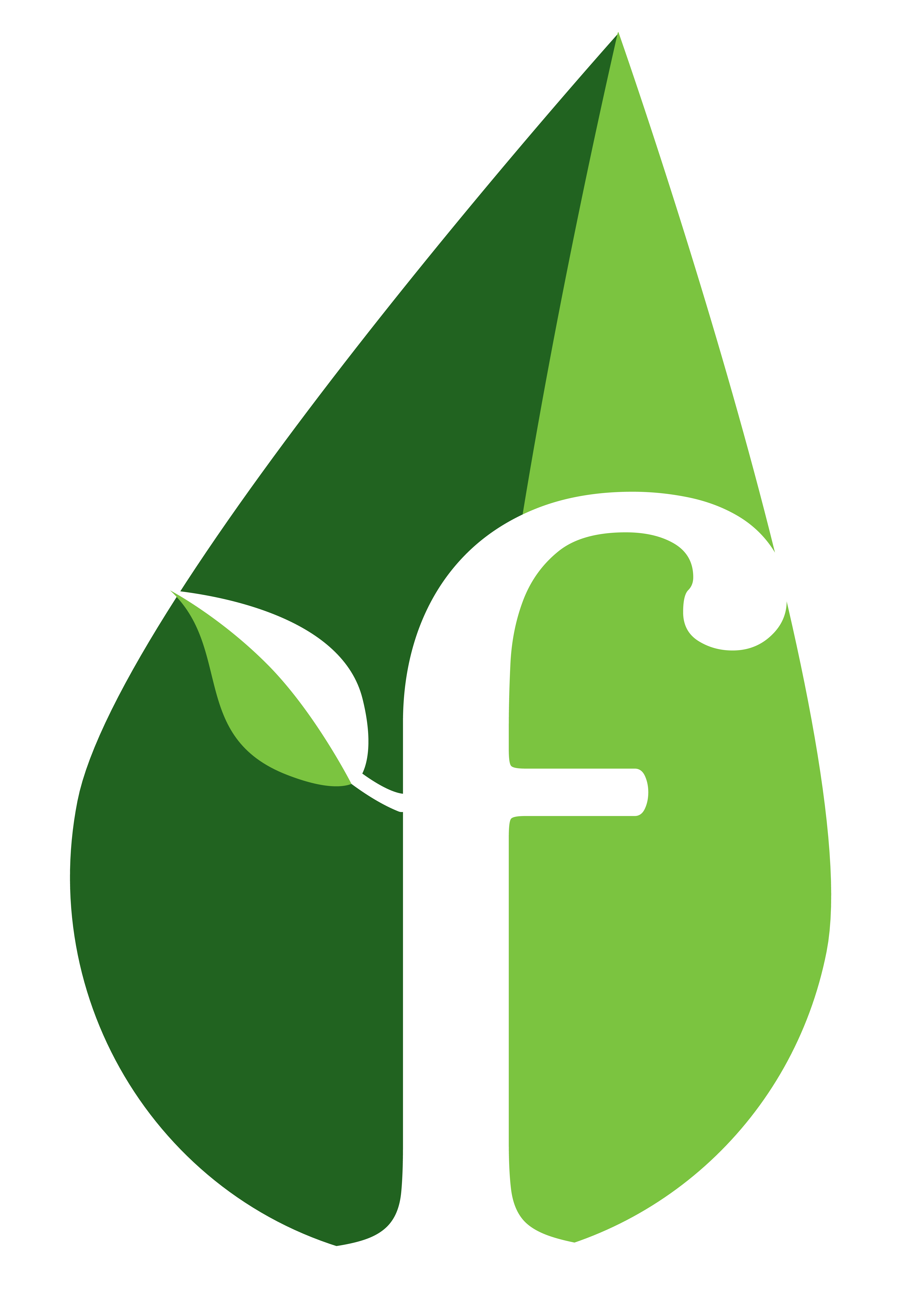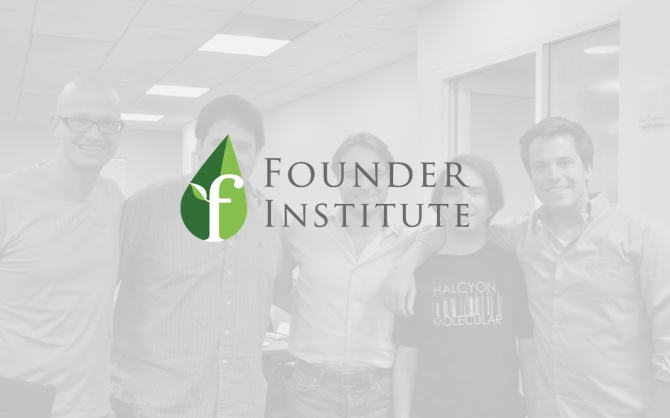
Food has crafted the world that we live in, from the placement of our cities to the complexity of earth's ecosystems, and its production has changed in troubling ways over the past few centuries. Too much of the world's food is over-processed and produced unsustainably. Those are only two of the countless problems with our food system, and - though these problems can seem daunting - each one represents an opportunity for a great company to change the world.
My advice for any entrepreneur or innovator is to get into the food industry in some form so you have a front-row seat to what's going on. - Kimbal Musk
Now, as technology becomes more available and more food issues are being illuminated, food technology is poised to explode. Companies like Impossible Foods are generating global attention, and more global FoodTech resources are popping up around the world. From FoodTech accelerators to investors, advisors, university programs and more, there is now more infastructure to support rising FoodTech companies than ever before.
That's why, as we open applications for a second cohort of our Global Food Ecosystems Accelerator program, we're excited to release the Global Food Startup Ecosystem Resource Guide, which is currently in Draft v2 below!
This is just a draft, and while we spent many hours on this research, more input is needed. Please leave your comments on this collaborative Google document to help us complete the list. There are definitely omissions on this current version, and we need your help to compile a full list of the FoodTech resources available for startup founders.
Are you looking to build a FoodTech startup? Then apply to the Global Food Ecosystems Accelerator program today!

Text version included below, for ease of searching:
Startup Stages
There is no one right way to build a technology company, but for the sake of simplicity we have outlined a basic, common, sequential framework.
1. Idea Stage
This is where new FoodTech entrepreneurs get inspired, learn best practices, develop skills, validate ideas, and begin to build their team and product.
Inspire
-
FoodTech Media: Centralized news sources, information, and listings about FoodTech startups and sector updates (i.e. startup blogs/ FoodTech publications/ lists/ FB groups/ newsletters)
-
FoodTech Community: List of global FoodTech communities and forums on the web.
Educate
-
FoodTech Bootcamps and Pre-seed Accelerators: Events for skill & Idea development, along with FoodTech training programs.
Validate
-
Build a FoodTech Startup Team: Resources for teaming up. (i.e. events or other resources that facilitate early-stage recruitment and cofounder matching)
-
Build First FoodTech Product: Hackathons, builder-focused events, & resources to build food companies.
2. Launch Stage
In this stage, entrepreneurs establish and formalize the company, develop the product, get feedback from customers, and prepare for the next step.
Develop
-
Prepare for Seed: List of FoodTech incubators and advanced mentorship for FoodTech founders. Office hours platforms, later stage startup events, and resources for startup teams.
- AccelFoods
- Chobani Incubator
- EIT Food Seedbed Incubator
- Food Tech Campus
- FoodTrack
- FUTURE FOOD Livinglabs
- Innomics AgriFoodTech
- Innovate 360 Incubator
- LABe Digital Gastronmy Lab
- Maui Food Technology Center
- ProVeg Incubator
- RisingFoodStars
- Rutgers Food Innovation Center
- StartLife
- The Hatchery Chicago
- The Kitchen FoodTech Hub
- Thought for Food
Launch
-
Seed Accelerators: Accelerators for FoodTech startups that provide seed funding and startup coaching
- Accelerace FoodTech Accelerator
- Bind 4.0
- Bits x Bites
- Brinc Food Technology Accelerator Program
- Culinary Action!
- Food Foundry
- Food Future Co.
- Food Hatch
- Food-X
- Foodland Ventures
- FoodTech Accelerator
- foodtech.ac
- Gastrotope
- Good Food Accelerator
- GROW
- H-FARM Accelerator
- IKEA Bootcamp
- Innomics AgriFoodTech
- Just Eat FoodTech Accelerator
- Katapult Accelerator
- Kickstart Accelerator
- Land O' Lakes Dairy Accelerator
- Plug and Play Food & Beverage Accelerator
- Rockstart AgriFoo
- Savour
- Seeds of Change Accelerator
- ShakeUpFactory
- Silicon Road Accelerator
- Sparklabs Cultiv8
- Sparx Accelerator
- Startupbootcamp FoodTech Rome
- Sweden Foodtech
- Techstars Farm to Fork Accelerator
- TERRA Accelerator
- The Food Nest
- The Good Kitchen
- Thrive Accelerator
- Union Kitchen DC Food Accelerator
- WeWork Food Labs
- WFP Innovation Accelerator
- You Can Group Accelerator
-
FoodTech Pitch Competitions: Demo Days and Showcases for FoodTech companies to present for investment.
- Coller Startup Competition FoodTech Challenge
- EIT Food Innovation Prize Competition 2019
- FI for Good
- Food+City Startup Challenge
- FoodBytes!
- FoodTech Accelerator Demo Day
- foodtech.ac Demo Day
- Grow-NY
- Hello Tomorrow
- NUS FoodTech Challenge 2019
- Seeds&Chips Pitch Competitions
- SKS Startup Showcase
- SparkLabs Cultiv8 Demo Day
- Startups Club Demo Day
- Sweden FoodTech Big Meet
- Techstars Farm to Fork Accelerator Demo Day
- Thrive Accelerator Demo Day
3. Growth Stage
Here, a startup proves their utility, receives recognition, and scales up. This usually requires funding, angels, VCs, and ways to connect them to startups.
Recognition
-
FoodTech Conferences
- AgriFood Innovation Event
- Boulder Food + Tech Startup Weekend
- Food Loves Tech
- Food Tech Matters
- FoodTech IL
- FoodTech Qld
- FOODTECH Trade Show
- Future Food-Tech London
- Future Food-Tech NYC
- Future Food-Tech San Francisco
- IFT20
- London Food Tech Week
- ProFood Tech 2019
- Seeds&Chips
- SKS Europe
- Startup Weekend Foodtech Osasco
- The Food Startup Expo
-
FoodTech Investor Networks: Networks, investor events, and angel groups that connect food investors with founders.
Funding
-
FoodTech Angel Investor List: Seed-stage and pre-seed FoodTech investors
-
List of FoodTech Venture Capitalists: VCs that provide funding in the Series A stage and beyond
- AccelFoods
- Acre Venture Partners
- AgFunder
- AGR Partners
- Anterra Capital
- Arbor Investments
- Avala Capital
- Avrio Capital VC
- Better Food Ventures
- Capagro
- Convexa
- Copia Agro & Food
- Cultivate Ventures
- Cultivian Sandbox Ventures
- Evolv Ventures
- Fair Food Fund
- Five Seasons Ventures
- Foodlab Capital
- Fresh Source Capital
- Future Food Fund
- GreenSoil Investments
- GRUPARA Ventures
- InvestEco
- Jerusalem Venture Partners
- Matador Ventures
- Metavallon VC
- Oyster Bay Capital
- Paine Schwartz Partners
- PeakBridge Partners
- S2G Ventures
- SIFOOD
- SVG Ventures
- Valley Oak Investments
Growth
-
Expansion: FoodTech growth accelerators and consultants. Programs and consultants for capital-rich food companies to grow and scale.
4. Success Stories
Successful FoodTech companies that have raised significant institutional funding, employ a large workforce, or have achieved liquidity.
- Agricool
- Apeel
- Beyond Meat
- BigBasket
- Blue Apron
- Brightloom
- Deliveroo
- Delivery Hero
- DoorDash
- Full Harvest
- Goldbelly
- Grubhub
- HelloFresh
- iFood
- Impossible Foods
- Instacart
- Just Eat
- Luckin Coffee
- Motif Ingredients
- OpenTable
- Postmates
- Rappi
- Ripple Foods
- Splendid Spoon
- Swiggy
- Takeaway.com
- Tastemade
- Uber Eats
- wellio
- ZeroCater
- Zomato
Supporters
To facilitate the steps, every ecosystem needs strong supporters.
1. Evangelists
Successful local founders who lead the ecosystem & frequently mentor newbies. (i.e. Local leaders who have taken a leadership position, speak at a lot of startup events, mentor all the programs, etc)
- Alessio D'Antino
- Aline de Santa Izabel
- Alon Idan
- Brita Rosenheim
- Carmit Oron
- Dimitris Polychronopoulos
- Damien Jourdan
- Danielle Gould
- Dror Tamir
- Faraaz Ali
- Fabio Ziemssen
- Federico Ronca
- Ilanit Kabessa
- Janne Saarikko
- Jérémie Prouteau
- Johan Jörgensen
- John Friedman
- Joxe Mari Aizega
- Kevin Camphuis
- Lauren Abda
- Manon Sarah Littek
- Marius Robles
- Matthieu Vincent
- Merav Oren
- Rasmus Bjerngaard
- Tasha Tolmacheva
- Tetiana Siianko
- Valerio Nannini
- Ying Quan Tan
2. Talent
Major local business or tech universities and employers that educate about FoodTech and produce talent.
-
Universities with major FoodTech programs (universities with prominent technical or business programs for FoodTech).
- Basque Culinary Center
- Beijing Technology and Business University
- Cornell University
- Ghent University
- IPB University
- Jiangnan University
- KU Leuven
- Louisiana State University
- Massey University
- McGill University
- Pennsylvania State University
- Purdue University
- South China University of Technology
- UC Davis
- UDLAP
- University College Dublin
- University of Bologna
- University of Copenhagen
- University of Florida
- University of Guelph
- University of Illinois Urbana-Champaign
- University of Manitoba
- University of Massachusetts Amherst
- University of Porto
- University of Queensland
- University of Sao Paulo
- Wageningen University
- Zamorano University
-
Major FoodTech Employers (Large FoodTech employers with sizeable offices)
Learn more about the Startup Resource project here, and leave us your thoughts on the FoodTech Guide on this collaborative Google document (This is just a draft, and more input is needed!)



